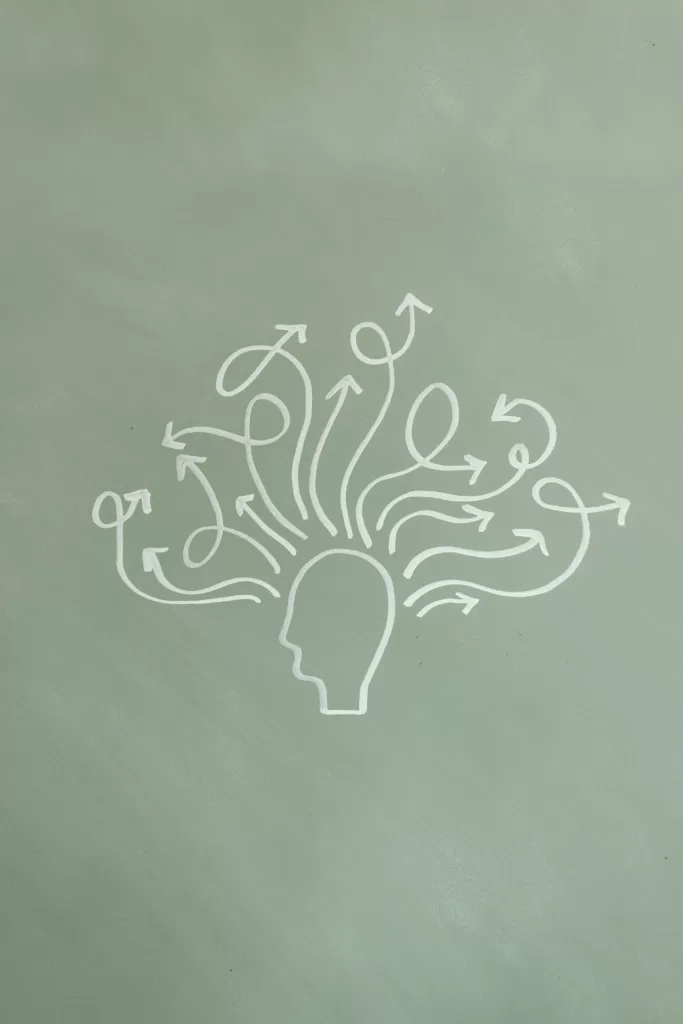Living with ADHD as an Adult (part 1)

While having coffee with some colleagues, we got into an interesting discussion about the profound impact ADHD (Attention-Deficit/Hyperactivity Disorder) has on adults. While ADHD is widely known and often attributed to children, we might often miss the many adults who are living with ADHD–an issue that is negatively impacting many lives.
According to Dr. Russell Barkley, a preeminent expert on ADHD, the disorder occurs in approximately 3-5% of the US population and is slightly more common in males than females by adulthood. It is important to note that ADHD is an impairment of executive functioning–-or one’s ability to take knowledge, to activate it, to hold it in mind, and to use it to guide behavior and performance. In other words, folks with ADHD are often as smart and knowledgeable as anybody else but have difficulty showing what they know. So, the assumption that adults with ADHD don’t know how to behave, how to manage time, how to organize themselves, and how to inhibit behaviors is completely false. In fact, they may already know of all the tools and techniques to be more successful, but have difficulty putting them into practice.
So it is no wonder that others might judge sufferers of ADHD as “lazy” or having a “lack of will-power,” when in fact, these adults have difficulty performing what they know. To illustrate how severely ADHD can impact adults, some associated impairments include impaired parenting behavior, marital problems, poorer health, occupational and financial difficulties, driving risks, accidental injuries, peer relationship problems, and limited educational success. Moreover, adults with ADHD also face a number of other mental health issues like depression, anxiety, impulse control disorders, sleep disorders, substance abuse disorders, and learning disabilities. However, the good news is that ADHD is highly treatable and many adults suffering from ADHD can lead fulfilling lives with the proper support and treatment. We’ll flesh out what strategies folks with ADHD can use as well as professional resources in the 2nd part.
Kevin Lee, PsyD
Clinical Psychologist

